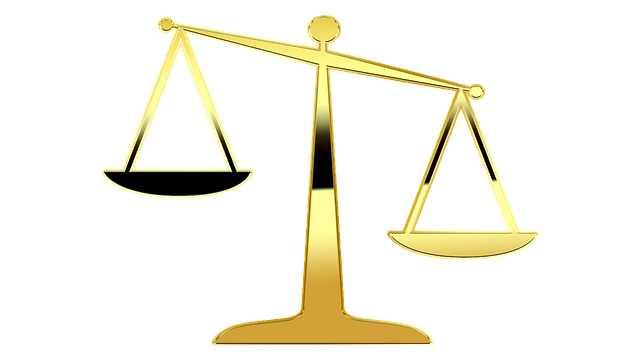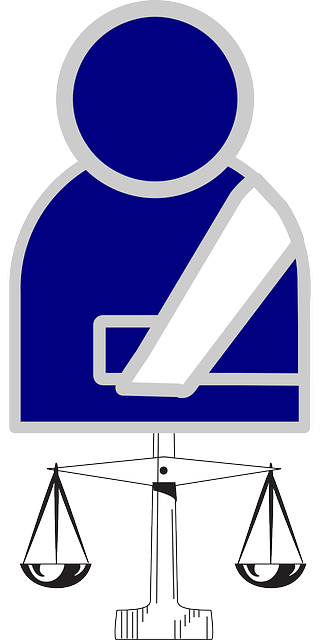Healthcare law firms serve as essential guides through the complex medical regulations landscape, offering expertise in patient rights, medical malpractice, insurance claims, and policy compliance. When addressing employment law issues, they assist clients in filing employment law complaints by providing strategic guidance, evidence gathering, legal analysis, and case management. Choosing a reputable firm with specialized experience in handling employment law cases is crucial for success, as it navigates high-stakes procedures, ensuring transparency and client protection throughout the process, ultimately benefiting philanthropic and political communities.
In today’s complex healthcare landscape, navigating employment law issues can be daunting. Understanding the role of specialized Healthcare Law Firms is crucial for ensuring fair treatment and proper legal recourse. This comprehensive guide delves into the world of healthcare legal services, explaining when to file an employment law complaint, outlining the steps involved, and highlighting key considerations in choosing a firm. By following these steps to file an employment law complaint, individuals can navigate their rights effectively.
- Understanding Healthcare Law Firms: Their Role and Expertise
- Identifying the Need: When to File an Employment Law Complaint
- Steps to Initiate a Legal Process: From Complaint to Resolution
- Key Considerations: Choosing the Right Healthcare Law Firm
- Post-Complaint Procedures: What to Expect and How to Navigate
Understanding Healthcare Law Firms: Their Role and Expertise

Healthcare Law Firms play a pivotal role in navigating the complex landscape of medical regulations and legalities. Their expertise extends to a wide range of areas, including patient rights, medical malpractice, insurance claims, and compliance with healthcare policies. These firms are instrumental in guiding both corporate and individual clients through intricate legal matters related to health services.
When it comes to addressing employment law issues within the healthcare sector, such as steps to file an Employment Law Complaint, these specialized law firms offer invaluable support. They possess a deep understanding of white-collar and economic crimes, enabling them to secure a complete dismissal of all charges for their corporate and individual clients. Their strategic counsel ensures that healthcare organizations and professionals remain compliant and protected in their operations.
Identifying the Need: When to File an Employment Law Complaint
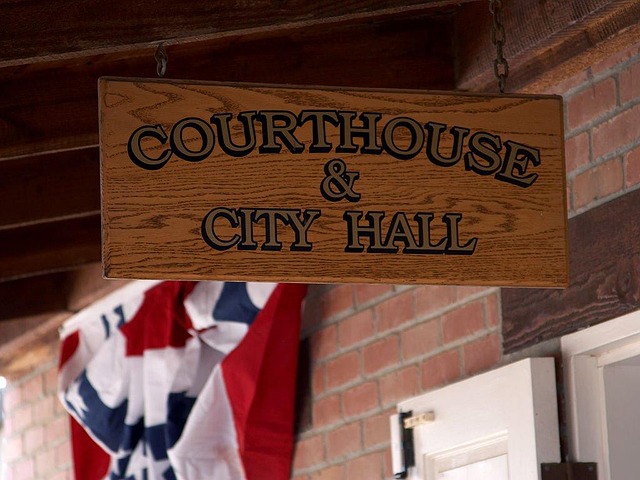
When considering whether to file an employment law complaint, it’s crucial to identify a clear breach or pattern of unethical behavior within your organization. This decision is not one to take lightly; it requires a thorough understanding of both the legal framework and the specific circumstances at hand. Many employers often find themselves in situations where they believe their employees’ rights have been violated, but unsure if legal action is necessary.
The steps to file an employment law complaint involve gathering substantial evidence, consulting with an experienced attorney specializing in employment law, and understanding the relevant statutes and regulations. If a general criminal defense is deemed appropriate, it’s essential to remember that achieving extraordinary results depends on a solid strategy, compelling arguments, and a deep knowledge of case precedents. An unprecedented track record in similar cases can significantly enhance your chances of success.
Steps to Initiate a Legal Process: From Complaint to Resolution
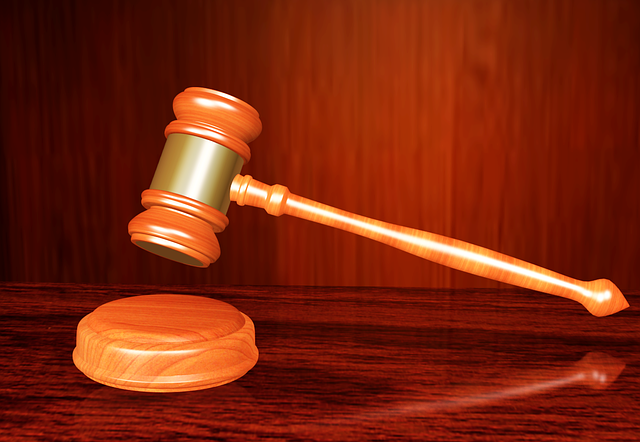
Initiating a legal process within healthcare or employment law begins with a complaint—a formal accusation of wrongdoing against an individual or organization. This crucial step sets in motion all stages of the investigative and enforcement process, ultimately aiming for resolution. When filing an employment law complaint, it’s essential to gather comprehensive evidence, including relevant documents, witness statements, and detailed accounts of the incident(s) in question.
Once submitted, the complaint is thoroughly evaluated by legal professionals who possess an unprecedented track record of navigating complex cases. This process involves meticulous fact-finding, legal analysis, and strategy formulation. The goal is to build a compelling case that can lead to a favorable outcome, whether through settlement negotiations or, if necessary, winning challenging defense verdicts in court.
Key Considerations: Choosing the Right Healthcare Law Firm
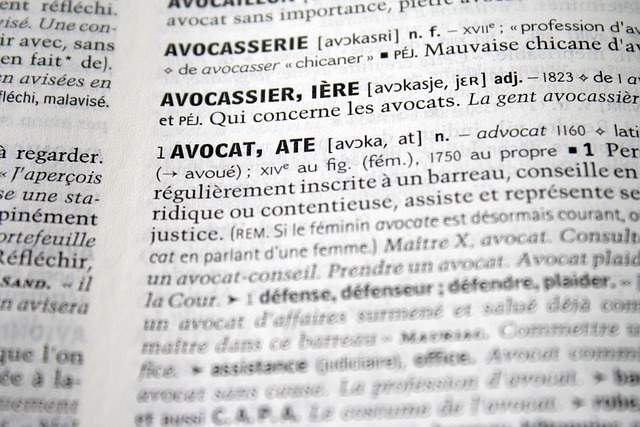
Choosing the right healthcare law firm is a critical step when navigating complex legal issues within the industry. Clients seeking representation in this sector should consider several key factors to ensure they partner with a firm best suited to their needs. One of the primary concerns is understanding the firm’s expertise; healthcare law encompasses various specialties, from regulatory compliance and insurance disputes to employment matters and professional liability. Therefore, clients must assess whether the firm has a proven track record in handling specific types of cases, such as steps to file an employment law complaint within the healthcare context.
Additionally, considering the size and resources of the law firm is essential. Larger firms often boast diverse practices, including specialized healthcare departments, which can offer comprehensive support. However, smaller firms may provide more personalized attention and flexible engagement models. When evaluating potential partners, clients should also factor in the firm’s reputation within the industry, their experience with high-stakes cases, and their commitment to client service. Moreover, understanding the firm’s approach to cost management and transparency is vital, especially when dealing with sensitive healthcare matters that often carry significant financial implications for all parties involved.
Post-Complaint Procedures: What to Expect and How to Navigate

After a complaint is filed, healthcare law firms face a series of intricate procedures designed to resolve the issue. The initial step involves an in-depth investigation where relevant facts and evidence are meticulously gathered. This process ensures that all aspects of the case are thoroughly understood, enabling legal strategists to formulate a robust defense or prosecution plan. Throughout this phase, it’s crucial to maintain open communication with clients, ensuring their expectations align with the legal journey ahead.
For high-stakes cases, effective navigation requires a keen understanding of employment law and its nuances. Legal professionals must carefully interpret laws and regulations while considering the unique circumstances of each case. By avoiding indictment through meticulous documentation and strategic planning, healthcare law firms can protect their clients’ interests. Moreover, these processes foster a sense of transparency within the legal system, benefiting both businesses and individuals involved in employment disputes, ultimately contributing to the healing and growth of philanthropic and political communities.
Healthcare law firms play a pivotal role in navigating complex employment law issues, especially in the healthcare sector. Understanding their expertise and knowing when to file a complaint is essential for resolving disputes effectively. By following the outlined steps to initiate a legal process, individuals can ensure a structured approach. Choosing the right firm is crucial, considering specializations and success rates. Post-complaint procedures demand careful navigation, but with the right support, employees can secure justice and positive resolutions. Remember, knowing your rights and taking proactive measures are key when it comes to Steps to File an Employment Law Complaint.




